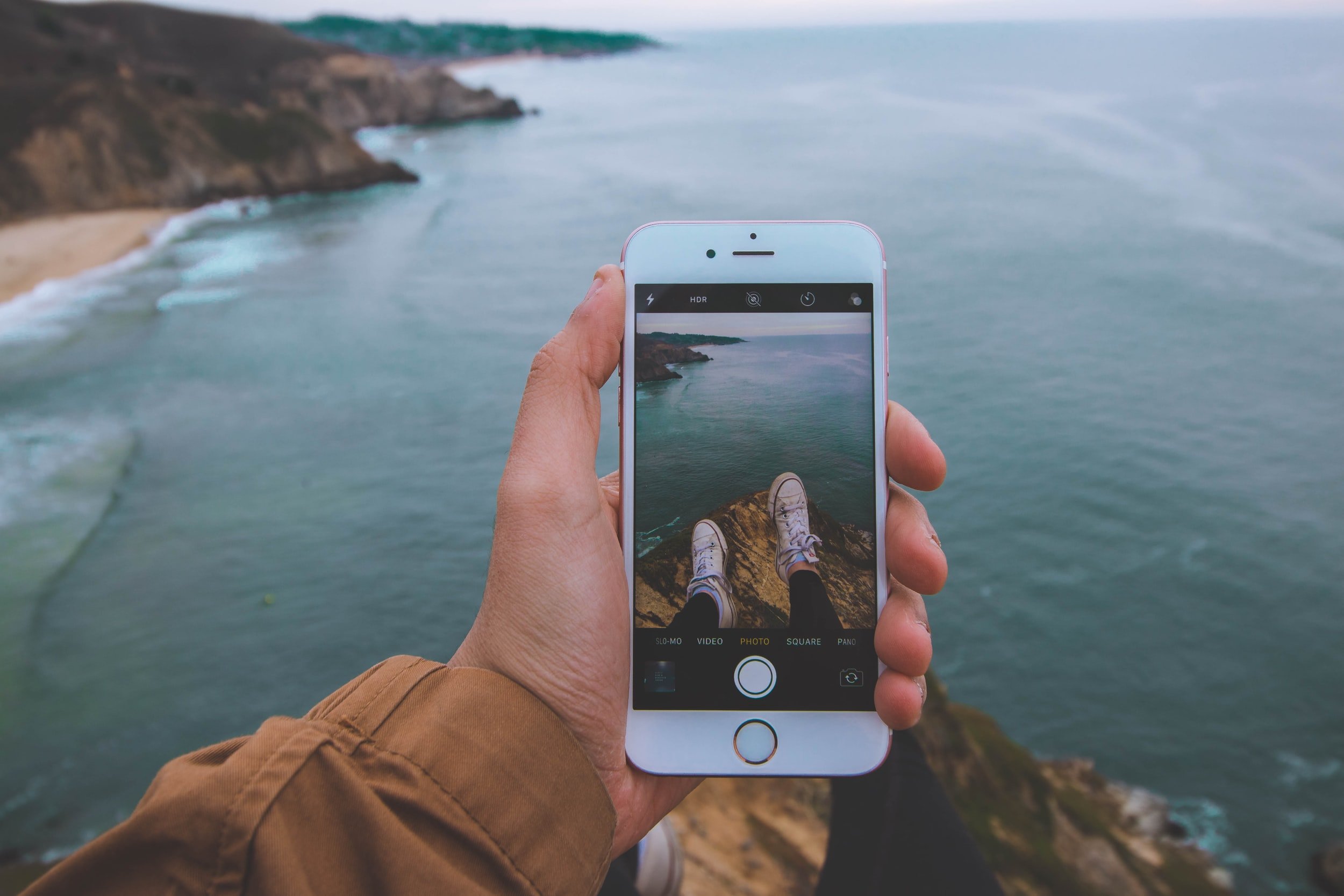Instagram Grant: Water Safety at Selfie Hot Spots
The selfie is a modern phenomena which can have tragic consequences. Temporary lack of self-awareness and concentration can lead to slips and falls and chasing the perfect selfie can lead people to visit risky locations at hazardous times as has been seen in New South Wales at Figure Eight Pools.
Such is the risk when chasing the perfect selfie at rocky outcrops, on clifftops, or at waterfalls; research has identified drowning as one of the leading causes of selfie-related deaths around the world. Tragically, each year there are countless drowning incidents associated with selfies and/or social media activity globally. In Australia there have been several recent cases including the double drowning of a father and daughter in South Australia, and a fatal slip off a cliff at Cape Solander. In California, officials have seen social media drive increases in dangerous coastal activities and visitation to risky locations.
In an attempt to improve social media related behaviours at risky locations, researchers from the UNSW Beach Safety Research Group have been awarded a grant via Instagram’s request for proposals on safety and community health. The project ‘Improving water safety at risky Instagram hotspots via targeted information’ aims to work with land managers and water safety organisations across both Australia and the United States to identify risky locations and research through Instagram users and influencers, the best way to provide water safety information to people posting about or posting from known risky locations.
This research will assess the potential for social media platforms to help address safety in these dangerous locations, in the same way efforts have been made to combat COVID-19-related misinformation on the platforms. The project will run into 2023 and work to identify and improve safety at risky social media hot spots across both Australia and California. If you’re interested in learning more about the project please get in touch.
This project is let by Dr Amy Peden with co-investigators Professor Rob Brander and William Koon.

